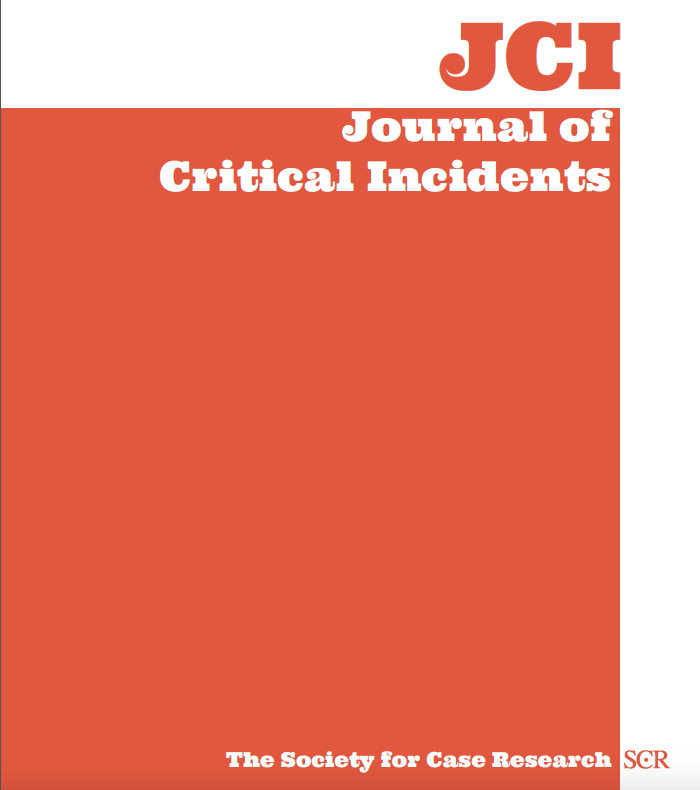To Yelp or Not to Yelp: Defamation in Cyberspace

In an environment where published public opinion can make or break a company, both individuals and organizations should be aware of what content is permissible in an online review, and what crosses the line into defamation. Also important is knowledge of the responsibilities of the Internet content provider that sources and makes the reviews available online. In this case, crowd-sourced review site Yelp is at a critical point in setting the stage for interpretation of Section 230 of the Communications Decency Act. As a business suffers through the posting of a review declared defamatory by the courts, and Yelp refuses to remove the review, the question becomes not only what Yelp can do, but what it should do, in this clearly pivotal scenario.
This decision-based critical incident could be used in an introduction to business law, business ethics, marketing (social media) or introduction to information systems course at the undergraduate level.
Learning Outcomes
In completing this assignment, students should be able to:
1. Differentiate between the torts of libel (defamation), slander (defamation), false light and intentional infliction of emotional distress, and evaluate if the torts apply in an online review case
2. Judge if content in an online review would result in civil liability for the poster
3. Determine how Section 230 of the Communication Decency Act protects crowd-sourced review forums like Yelp
4. Examine a crowd-sourced review forum’s legal and ethical obligations with regard to posting online reviews
